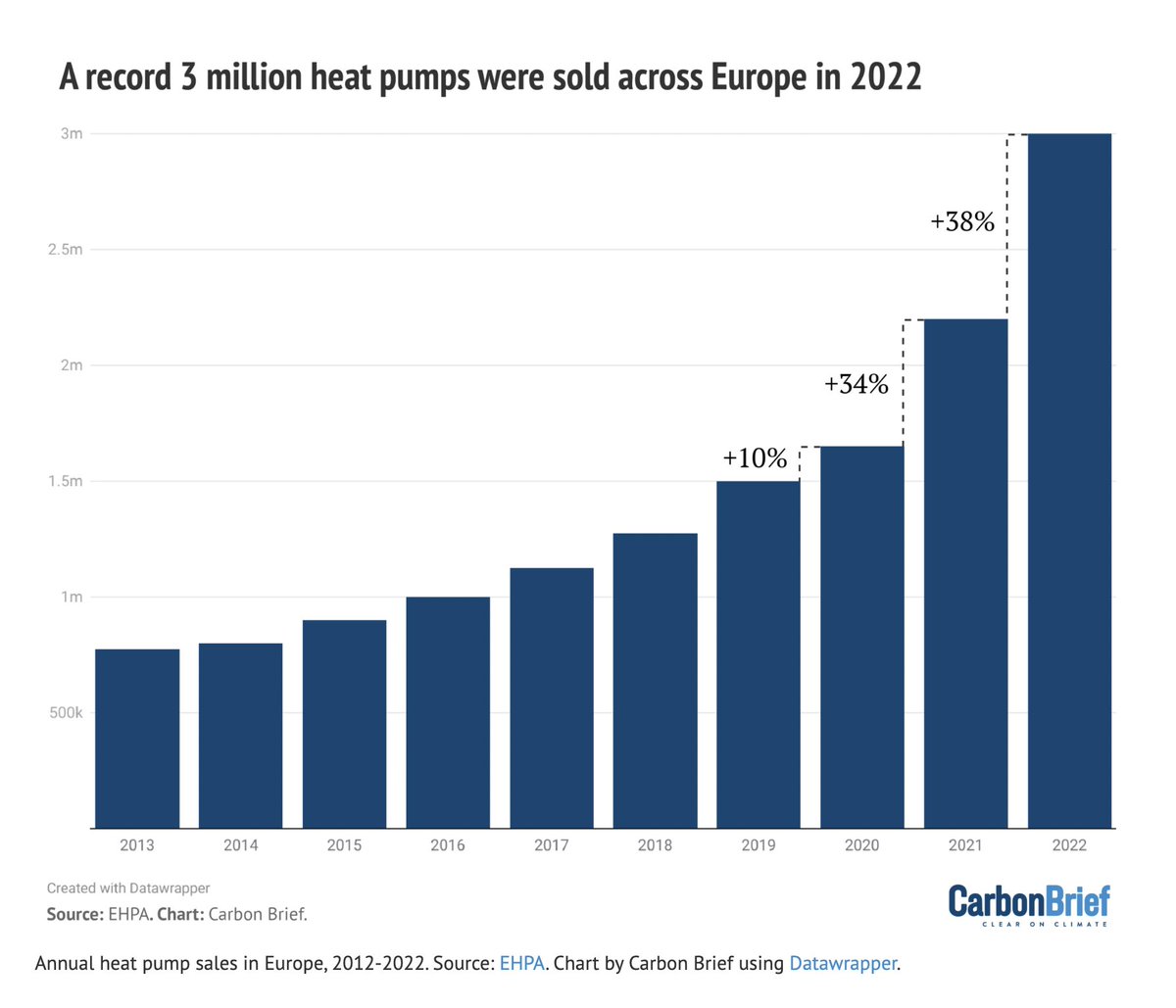
Scientists from around the world worked on the latest IPCC report for almost a decade.
But according to leaked documents, many of their recommendations were removed or altered significantly.
🧵
But according to leaked documents, many of their recommendations were removed or altered significantly.
🧵
Whenever the IPCC releases a major report, media outlets generally refer to “the report” in the singular.
But there are actually multiple reports.
There's a report that scientists produce that is often thousands of pages.
And there's the summary report for policymakers.
But there are actually multiple reports.
There's a report that scientists produce that is often thousands of pages.
And there's the summary report for policymakers.
In some cases the summary can have wildly different language than the full report.
In 2021 a full IPCC report stated clearly that fossil fuels were the main cause of climate change.
But as @emorwee reported at the time, the summary report didn't mention fossil fuels once.
In 2021 a full IPCC report stated clearly that fossil fuels were the main cause of climate change.
But as @emorwee reported at the time, the summary report didn't mention fossil fuels once.
That's because something important happens after scientists finish their research and before the public sees the final summary for policymakers:
Non-scientist delegates from countries around the world get an opportunity to suggest changes.
distilled.earth/p/how-meat-and…
Non-scientist delegates from countries around the world get an opportunity to suggest changes.
distilled.earth/p/how-meat-and…
According to a draft leaked by @ScientistRebel1 the authors of the mitigation part of the latest report recommended that all fossil fuels should be phased out.
But this recommendation didn't make it into the final mitigation report or this week's final synthesis report.
But this recommendation didn't make it into the final mitigation report or this week's final synthesis report.
That's because an advisor to Saudi Arabia’s Minister of Petroleum and Mineral Resources asked that this sentence be omitted from the mitigation group’s final report, according to the documents obtained by @UE.
Saudi Arabia and other fossil fuel-producing countries argued that the IPCC should be "technology neutral" and recommend technologies like carbon capture and storage (CCS).
They succeeded. Take a look at one of the recommendations from the final report:
They succeeded. Take a look at one of the recommendations from the final report:

As @NiranjanAjit noted earlier this week, Saudi Arabia also removed a sentence that said fossil fuels are the main cause of climate change.
https://twitter.com/NiranjanAjit/status/1638478297171472385
But fossil fuel producers weren't the only ones that made significant changes to the report.
Throughout the multi-year long process of producing the latest report, scientists were clear: meat and dairy do more damage to the environment than any other food.
Throughout the multi-year long process of producing the latest report, scientists were clear: meat and dairy do more damage to the environment than any other food.
A special report on climate change and land cited a 2018 study that found meat and dairy are responsible for 10-50x more emissions per calorie than plant-based foods.
(They found similar results when they looked at emissions per gram of protein).
(They found similar results when they looked at emissions per gram of protein).

For that reason, IPCC authors wanted to recommend a shift to plant-based diets, especially in wealthy countries where meat and dairy consumption is so high.
A leaked draft of the mitigation working group’s report included the following text (emphasis mine):
A leaked draft of the mitigation working group’s report included the following text (emphasis mine):

But the environmental impacts of meat and the recommendation to shift to plant-based diets didn’t make it into the final report.
That’s because delegates from Argentina and Brazil lobbied significantly for their removal.
That’s because delegates from Argentina and Brazil lobbied significantly for their removal.
The final synthesis report released this week instead recommends “balanced, sustainable healthy diets acknowledging nutritional needs.”
Meat and dairy, which are responsible for about 15% of global greenhouse gas emissions aren’t mentioned at all.
Meat and dairy, which are responsible for about 15% of global greenhouse gas emissions aren’t mentioned at all.
I wrote more about all this in this week's newsletter.
If you liked this thread, you can subscribe to receive similar stories in your inbox.
distilled.earth/p/how-meat-and…
If you liked this thread, you can subscribe to receive similar stories in your inbox.
distilled.earth/p/how-meat-and…
And finally if you want to support my work, you can become a paid subscriber to my newsletter here.
For $5 per month you can make these stories possible.
distilled.earth/subscribe
For $5 per month you can make these stories possible.
distilled.earth/subscribe
• • •
Missing some Tweet in this thread? You can try to
force a refresh












